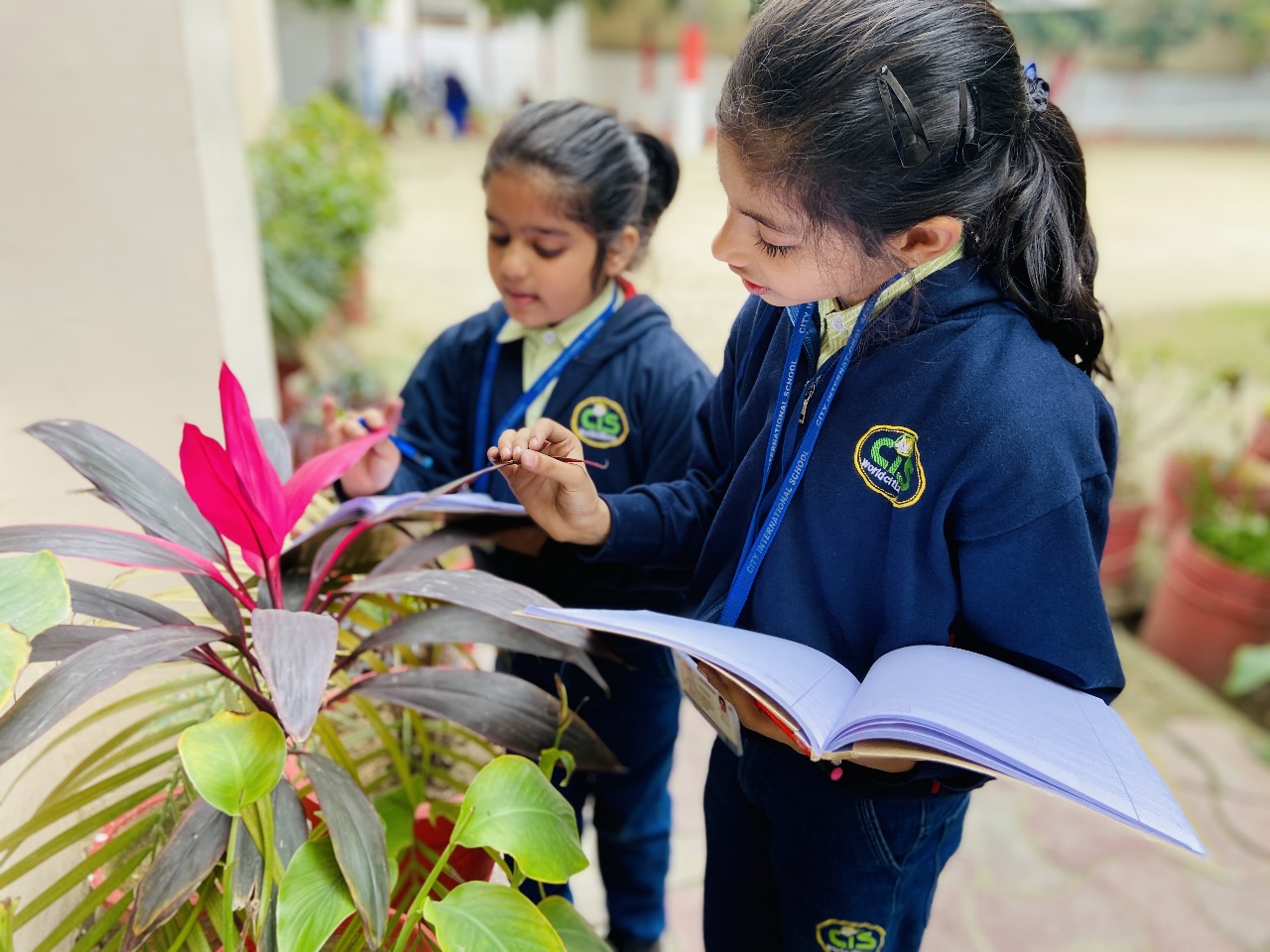Effective Note-Taking Is About Making Meaning

Effective note-taking is not just recording facts or copying from textbook to note format. Most notebooks are summaries of textbooks that are never looked at, or hardly ever. The whole purpose of note taking is that it is something you will revisit and want to revisit it. So many notes are taken but never made use of.
Great notes do more than capture information, they spark thinking. They spark reflection, and connection. They help you understand better, not just remember facts which you may as well underline in the original text and you will likely recall better as you look at your textbook more often than a note book.
Aids like mind maps can turn scattered ideas into clear, visual network. They give away links and patterns that straight lists often hide. Restating and better still making a diagram or a mind map, or a flow chart or a graphic organizer, especially what you have learned in your own words after a lesson, makes you actively process the content, which help it stay in your memory, and you may end up using it for revision.
The best notes are the dialogues with yourself. They capture your questions, insights, and even moments of doubt. This gives them live and personality, rather than leaving them as dry passive records. The one type of notetaking I find especially useful is may be considered a task card. One side is a question or a topic, on the other are bullet points, formulae, or a graphic summarizing the answers or the topic. It is better still they are on front and back side of a notebook, or even on cards, an A4 sheet in half or quarters. You can pick there up every evening for 10 minutes, read the question or be reminded of a topic, you try to recall what might be on the back side, then turn over to see if you got it write. You may even attempt a full question in your rough notebook, then review if you get it right. Once you know you have mastered a few cards, put them in a new pouch like a ziplock bag, and revisit them less often, say once a month, or near an exam.Above all, good notes spark curiosity. They invite you to return, review, and build on them. A note that is never revisited is a missed opportunity and worse, as it is loads of wated time in making those notes in the first place. The simple act of writing does not take it to long term memory. Re-reading at intervals, the same day, a week later, before a test, strengthens memory and understanding.
What matters is that your notes serve you. They help you connect ideas and deepen understanding. And those you keep revisiting and keep learning alive.